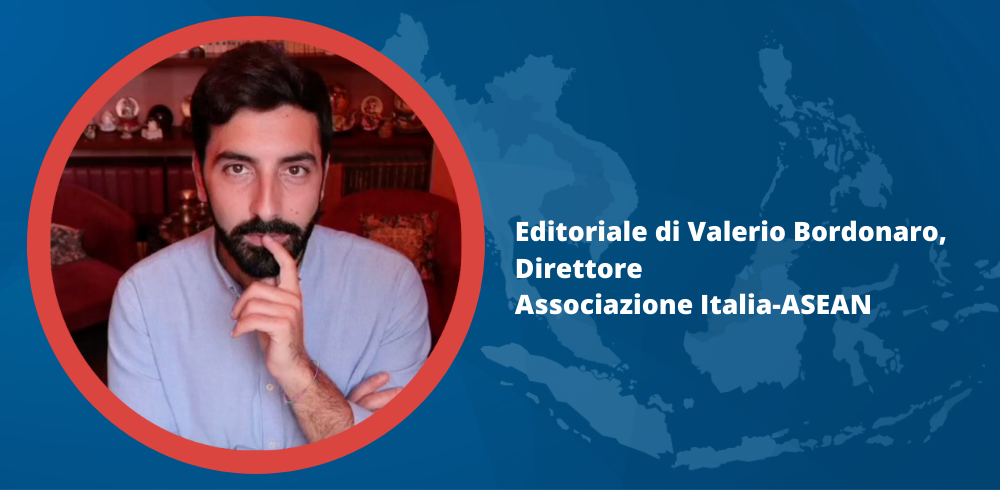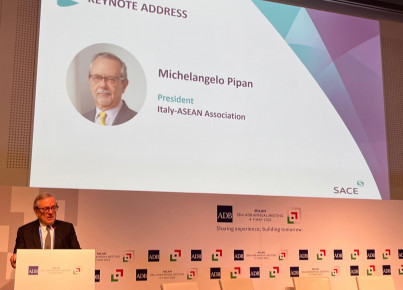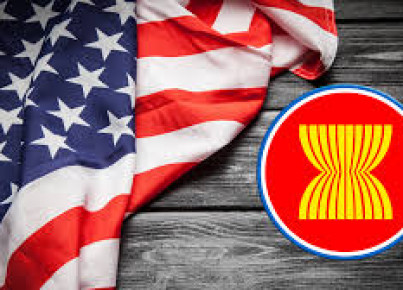China, Japan, the United States, Europe, and Italy: relations with Southeast Asia are increasingly being seen as globally strategic
If there is a clear trend in the global commercial and geopolitical landscape, it is the willingness of the major powers and all the more developed or emerging countries to deepen their relations with ASEAN. Southeast Asia is increasingly seen as an indispensable center of economic and diplomatic cooperation. Just look at what has happened recently and what may happen in the near future. In 2022, the first year of the Regional Comprehensive Economic Partnership (RCEP) coming into effect, China recorded a 15 percent year-on-year increase in trade with ASEAN, which firmly holds the position as China's top trading partner. In 2023, it is foreseeable that the pace may even increase, in step with Beijing's accelerating growth. President Joe Biden's participation last November at the ASEAN summit in Cambodia, on the other hand, confirmed that the United States has also stretched the pace in a region that is also crucial for strategic reasons. The investment plan announced by the White House is finally moving in the direction of U.S. involvement not only on the defensive and military side, but also on the infrastructural and environmental side, given the focus on energy transition involving all ASEAN countries. Moving very decisively are certainly not only the superpowers. Japan, for example, has long been an established presence in Southeast Asia. Ever since 1977 and the launch of the "Fukuda Doctrine," named after the then prime minister who during a famous trip to the Southeast expressed Tokyo's commitment not to become a military power and to build a relationship of mutual trust with ASEAN and its member countries. Since then, Japan has become one of the bloc's major trading partners and investors and a major source of infrastructure funding. Now the country is seriously considering elevating its relationship with ASEAN to a comprehensive strategic partnership, putting it on par with China and the United States. South Korea recently launched its first Indo-Pacific strategy, which reserves deepening relations with ASEAN as one of its pillars. The region is also set to become the largest destination for foreign direct investment from Taiwan. The European Union, for its part, has realized that its interests increasingly coincide with those of ASEAN, and the possibility of a free trade agreement between the two blocs no longer seems so remote. A development that would also benefit Italy, whose businesses are looking with increasing interest toward the Southeast.






